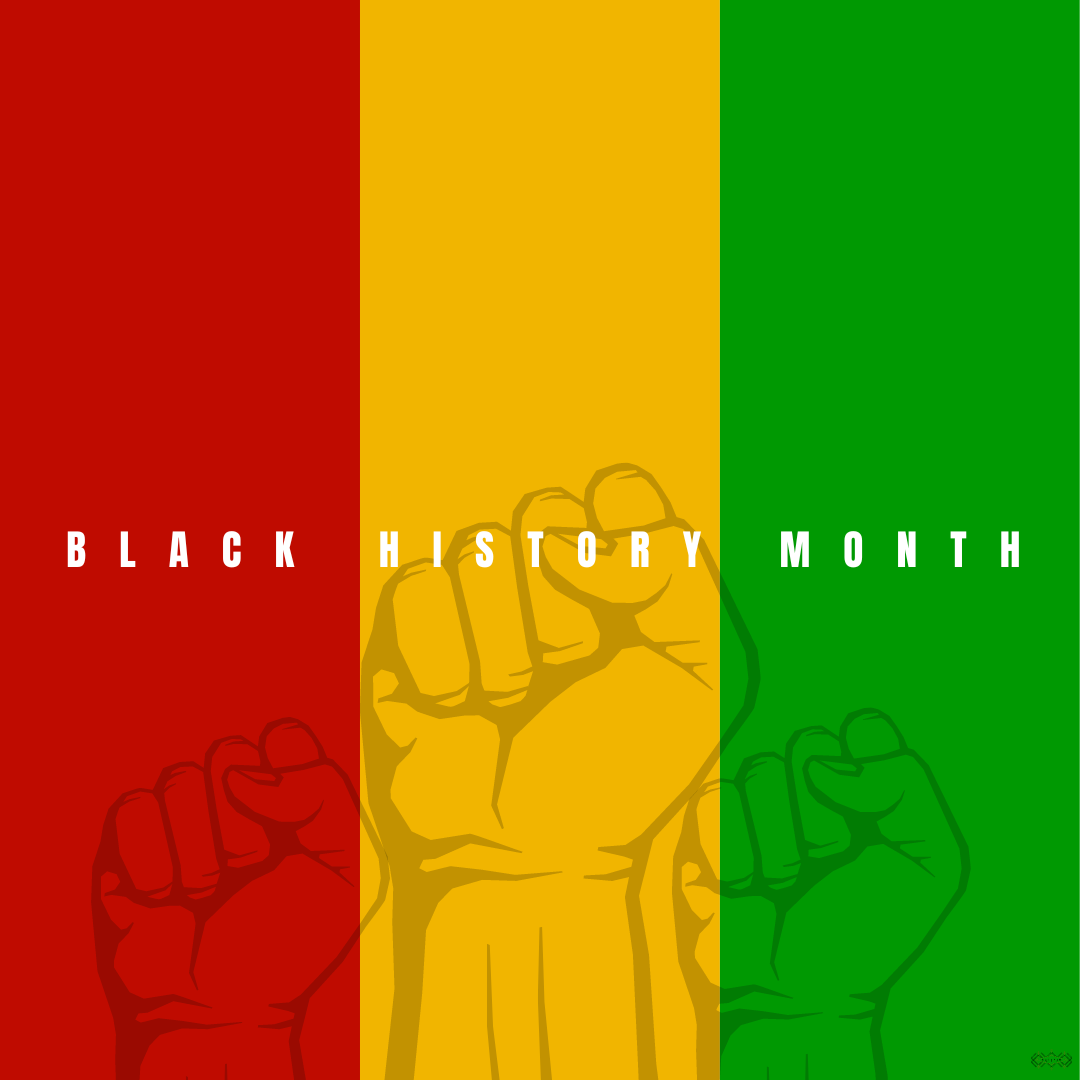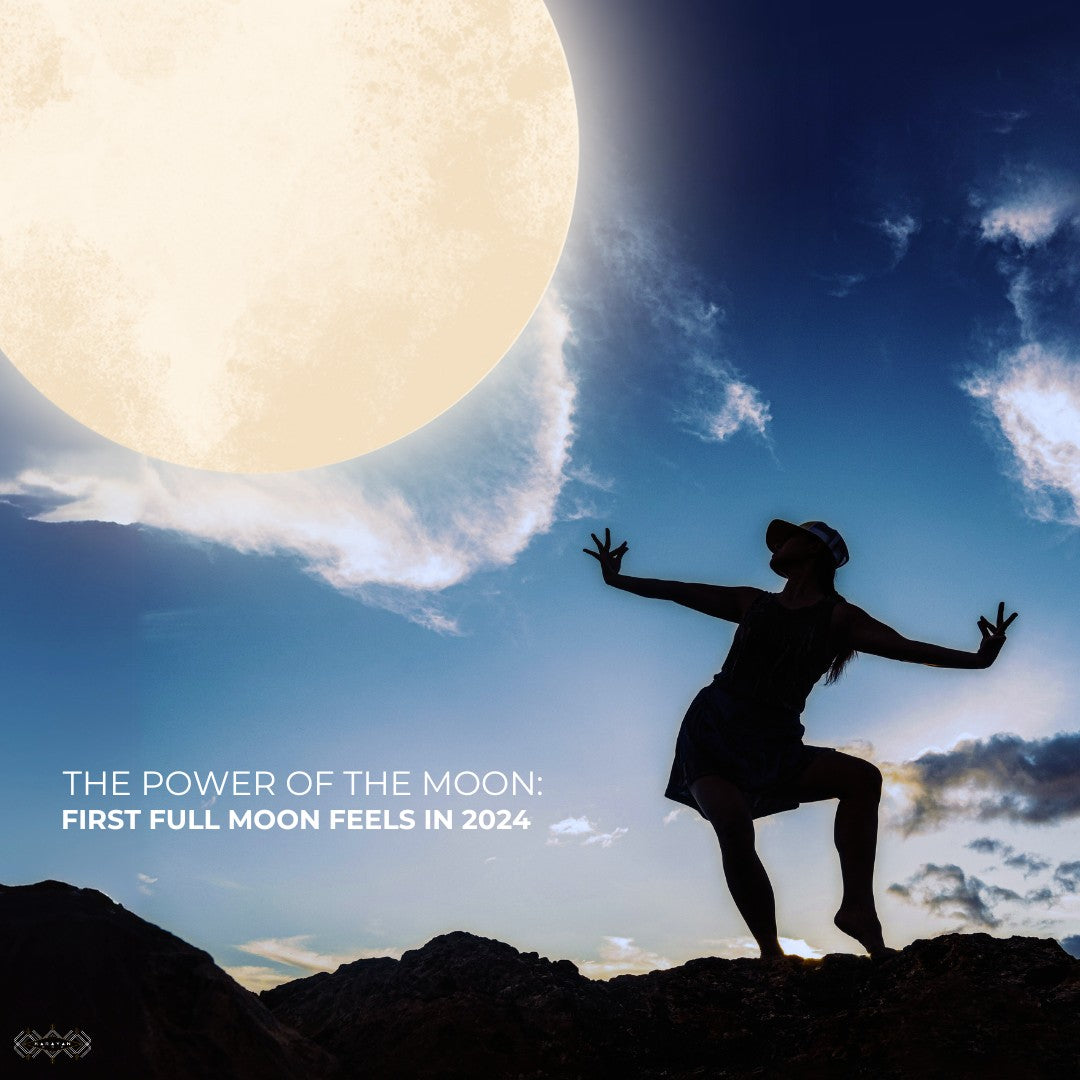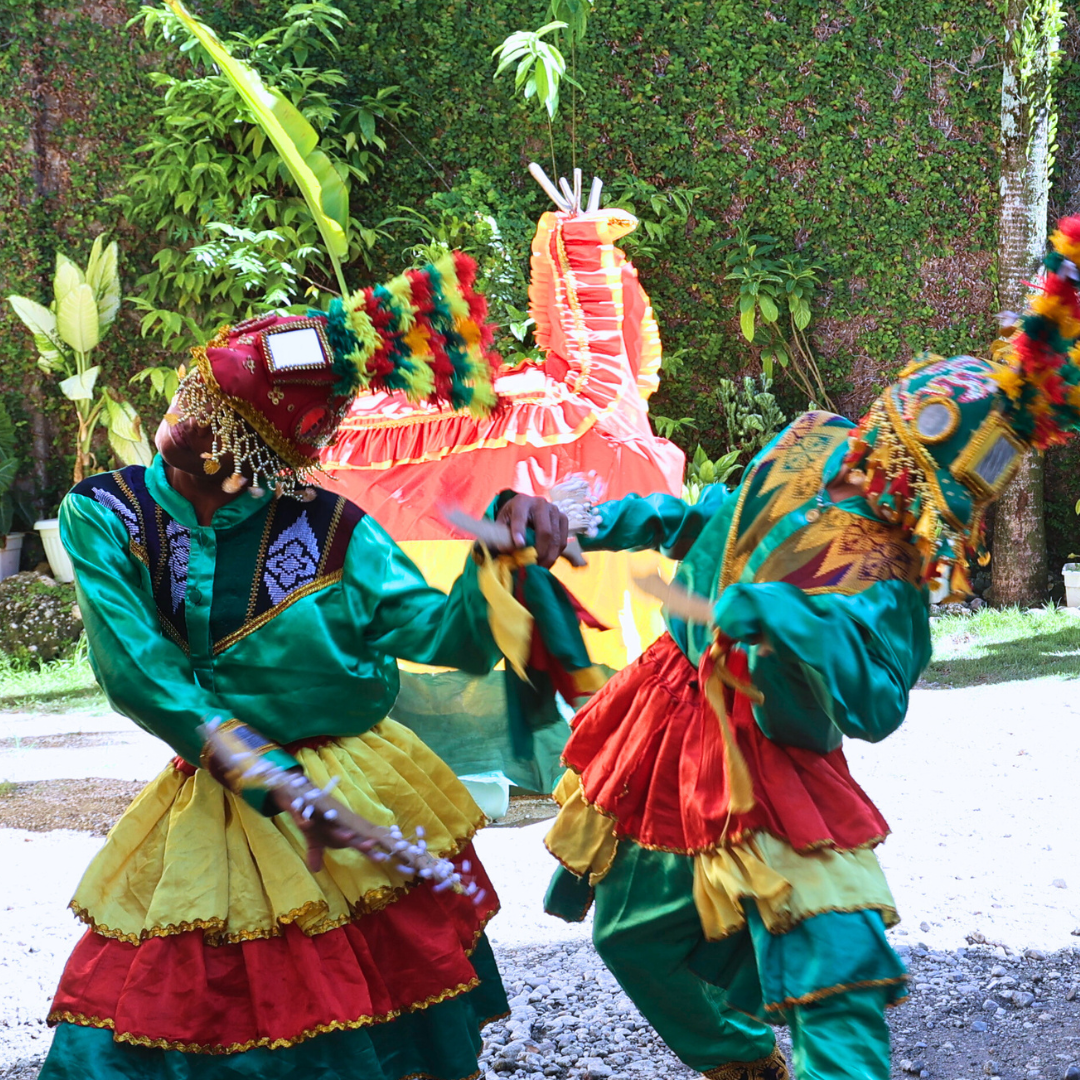Black History Month: African-Americans as allies to the Filipinx/o/a People

Happy black history month to you all! May we all find connectedness and intersections around our struggles as the BIPOC community who continue to fight for liberation in many angles and aspects and facets of our existence in this country.
There are many reasons to be in solidarity with the black community as Filipinx/o/a in the diaspora. In this time and age, there are still many instances of hate crimes, colorism issues around the globe and exploitation all based on race and skin color and while it may seem like our struggles are different from our colonial history, we owe it to the African-American community that this has become a global movement.

Source: @azcentral.com
During the Filipino-American war, African-American troops were deployed to Panggasinan to fight the pro-Independence Filipino fighters. With race issues they were facing from back home, there was a fractured dynamic in the situation that led them to be an ally to the FIlipino fighters instead. The 9th and 10th cavalry regiments and 24th and 25th infantry regiments, also known as the Buffalo Soldiers, were all black units led by white officers. They were deployed to Cuba, Puerto Rico, Guam and eventually the Philippines thinking that black people can endure more pain in Tropical weather.
During deployment, solidarity was born between Filipinos and black army. Sergeant Major John W. Calloway wrote that “he was constantly haunted by feelings of [the moral wrong].” He said that it was “wrong to crush every hope and opportunity of a youth of a race of which [the FIlipino] form such brilliant examples.” Calloway was eventually stripped off his rank and dishonorably discharged just by showing empathy with the Filipino people. Eventually, about 30 buffalo soldiers abandoned the US army with a few joining the Filipino nationalist movement showing a testament of how conflicted they were with the whole situation. This reveals a solidarity between Filipinos and Black-American troops sharing the same struggle in both countries.
With the slow progress towards the civil rights era there is something to say about the intersectionality of color dynamics both in the United States and the Philippines. There existed racist systems that transcended borders and nationalities that we still experience to this day.
Along with its complex history of colonization, the Philippines still face issues of colorism to this day. The shadows of racism in America have casted influence on the country’s perception of beauty and identity that is very visible in the present society between promoted celebrities where beauty equates lighter skin color, to consumer products dominated by whitening regimen, the historical root has been harmful to the minds and psyche of the community that we are hoping to slowly dismantle by making Indigenous knowledge, practice and culture more visible. A huge factor to the slow erasure of Indigenous communities in the societal vocabulary is an after effect colorism and the status of being white and western looking became the dominant class more than ever.

With all of these being said, being an ally to the black community is more than just a sense of support, but a responsibility that we hold accountable for, in my opinion. The solidarity wouldn’t hurt from people who have seen through the struggles we had during the American colonial period. The black community has also embraced the FIlipino community in so many ways while generations of our Fil-Am lineage tried to assimilate to become that American dream icon our parents always wished us to be.
As we celebrate Black History Month, it's crucial to acknowledge the intersectionality of our histories. The arts alone have been a powerful medium for representation, allowing diverse voices to be heard. We celebrate Afro-Pinx/o/a artists whose narratives we take inspiration from such as Sugar Pie Desanto, H.E.R., Janet Stickmon, Guapdad4000, Apl.De.Ap, Nelita V and many more. They have contributed to a broader understanding of our shared experiences, fostering unity and appreciation for solidarity as people fo color collectively.

Sources: @oaklandside.org, @mahalayasf.org, @myx.global, @shotbyguerrilla, @facts.net, @beatthisph.com, @tatlerasia.com
Black History Month is not just an observance for one community; it is a celebration of shared histories and interconnected legacies. From Buffalo Soldiers in Pangasinan to the emerging Afro-Pinx/o/a community in the diaspora, our stories are intertwined. As we honor the African Americans in the arts, let us also reflect on the broader understanding of cultural intersectionality and understanding that defines our collective history. In embracing these narratives, we pave the way for a more inclusive and united future.




Comments